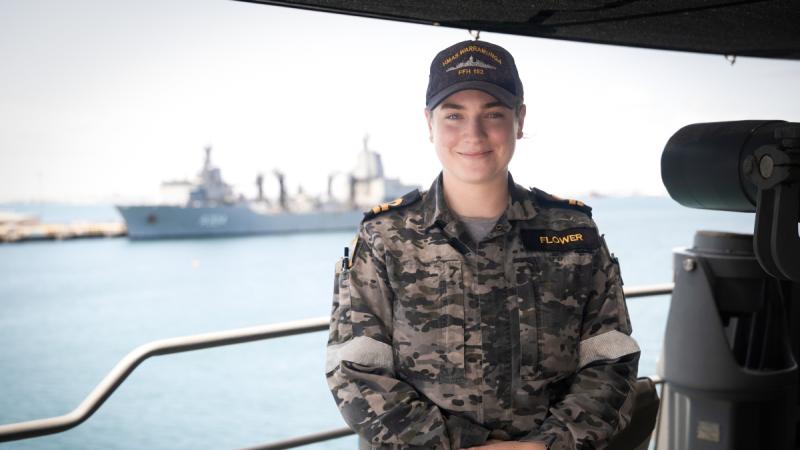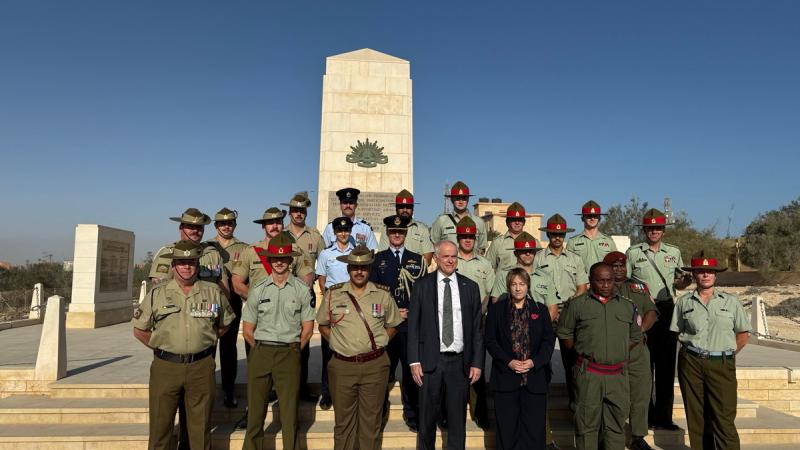27 August 2025
Operation Kudu has become a cornerstone of shared military experience.
Recent polling data issued by Operation Interflex, the international military training mission in the UK, revealed one of the most valued elements of the training was battlefield first aid, with 93 per cent of Armed Forces of Ukraine (AFU) personnel surveyed saying they felt more confident about treating causalities after receiving the training.
An Australian medic instructing on the platoon sergeant course said most of the AFU personnel had pretty good knowledge of first aid.
“They've all got a very base knowledge and have the algorithm set down,” the Australian Army medic said.
“We focused on fine-tuning their skills and teaching them how to do things correctly.
“They know a lot of stuff, but they're not doing it correctly. Studies have come out that a lot of tourniquets have been applied incorrectly, and a lot of deaths are from post-tourniquet conversions.
“It’s about giving them that little bit of extra knowledge so they can make informed, timely decisions under pressure.”
The battlefield first aid training is heavily focused on casualty collection point and evacuation of a casualty under realistic scenarios.
“Their evac times are significantly delayed. We teach the gold standard, where you’re going to get the evacuation within the hour, but in their reality, it could be 24 to 48 hours,” the Australian medic said.
To prepare for that reality, instructors emphasise prolonged field care to keep casualties stable for extended periods.
“We have been sharing knowledge on how to treat a person to survive the next 24 hours,” the medic said.
“Wound cleaning, covering the wound and reassessments of the casualty.
“The way they do things has significantly improved from the start; they are more methodical.”
'When something is not properly fixed, treated, or prepared for the transportation, it can end up really bad.'
Reflecting on the training, a member of the AFU agreed the most critical lesson learned was the preparation and evacuation of a casualty.
“Preparation for evacuation is just as important. There are so many things that can go wrong during this particular step,” he said.
“When something is not properly fixed, treated, or prepared for the transportation, it can end up really bad.
“I feel much more confident in it. If I had attended this course before and I had this training when I was next to my friend, I wouldn't have lost them.”
The exchange of knowledge is not one-sided.
“They [the Ukrainians] have a lot of improvised techniques because they haven’t got the stores available,” the Australian Army instructor said.
“These guys have really taught us you can get far with minimal resources.”
There is a deep sense of respect and responsibility for the Australian Army personnel who have deployed on Operation Kudu.
“It’s an honour to work with people that have seen it real time and give you the time to learn from your experiences, as well as share their own,” the Australian instructor said.
“The reality is they go back to horrible circumstances and I'm here to provide training that's going to save either their lives or someone else's lives. It's a privilege.”


